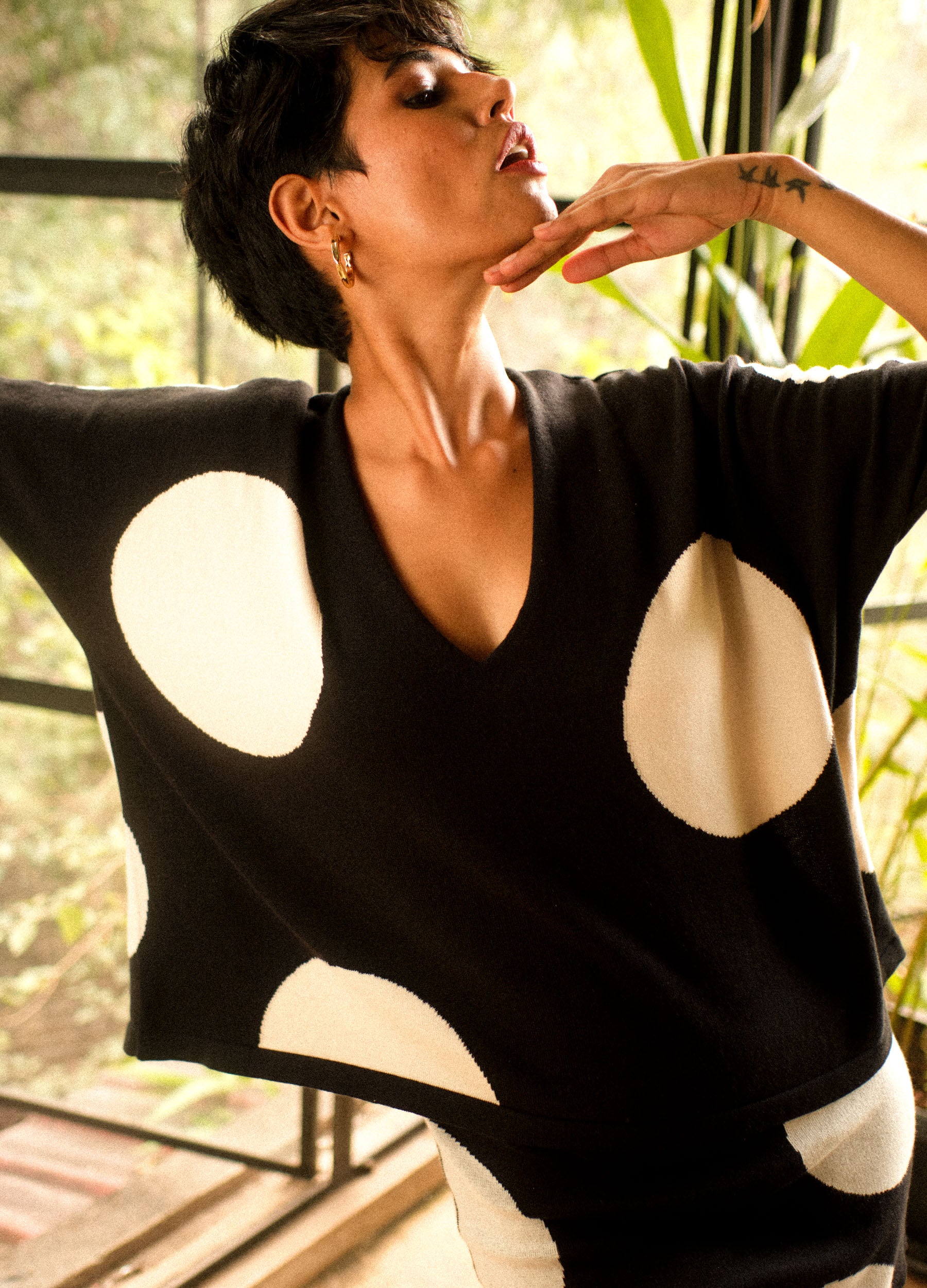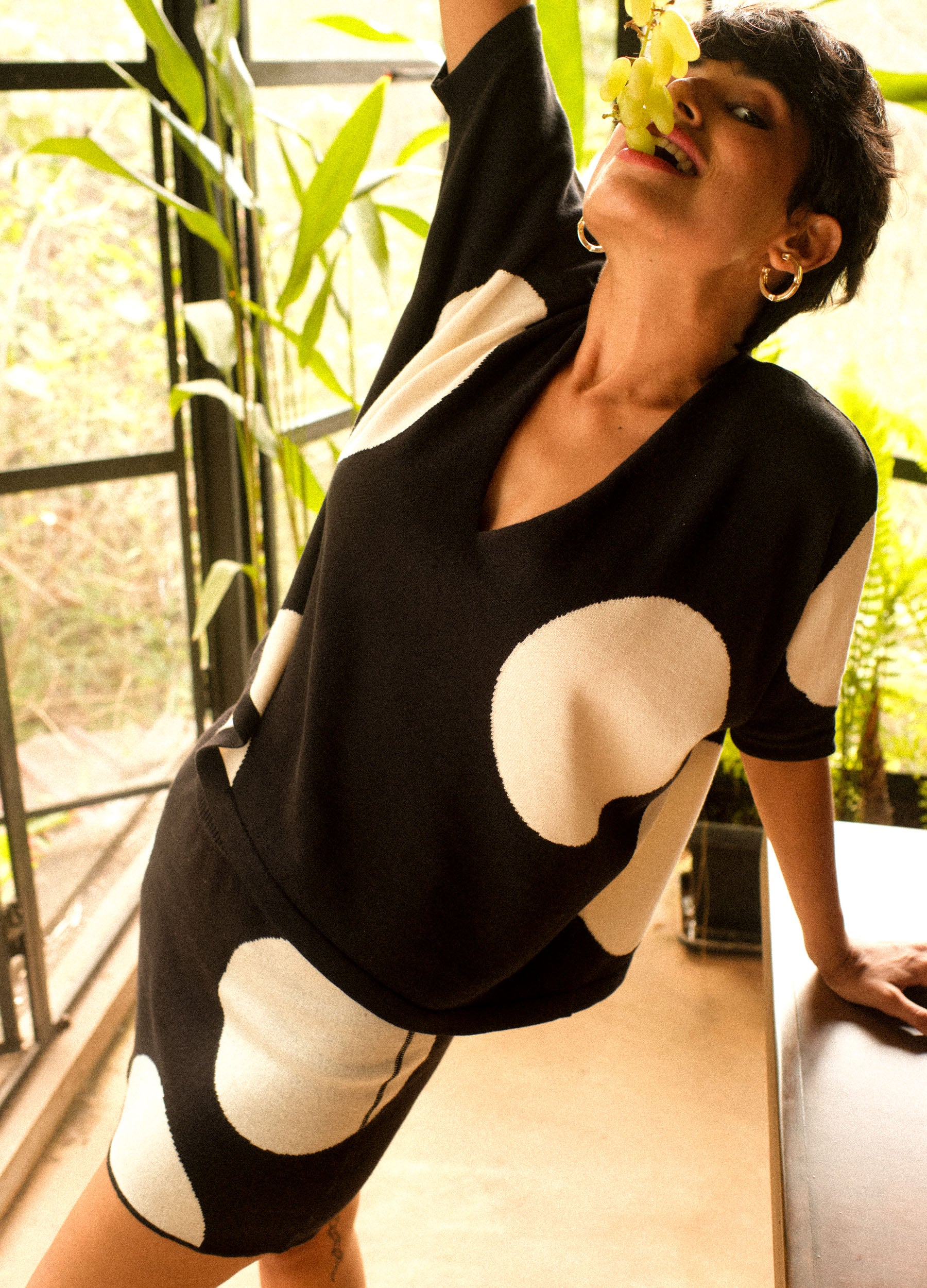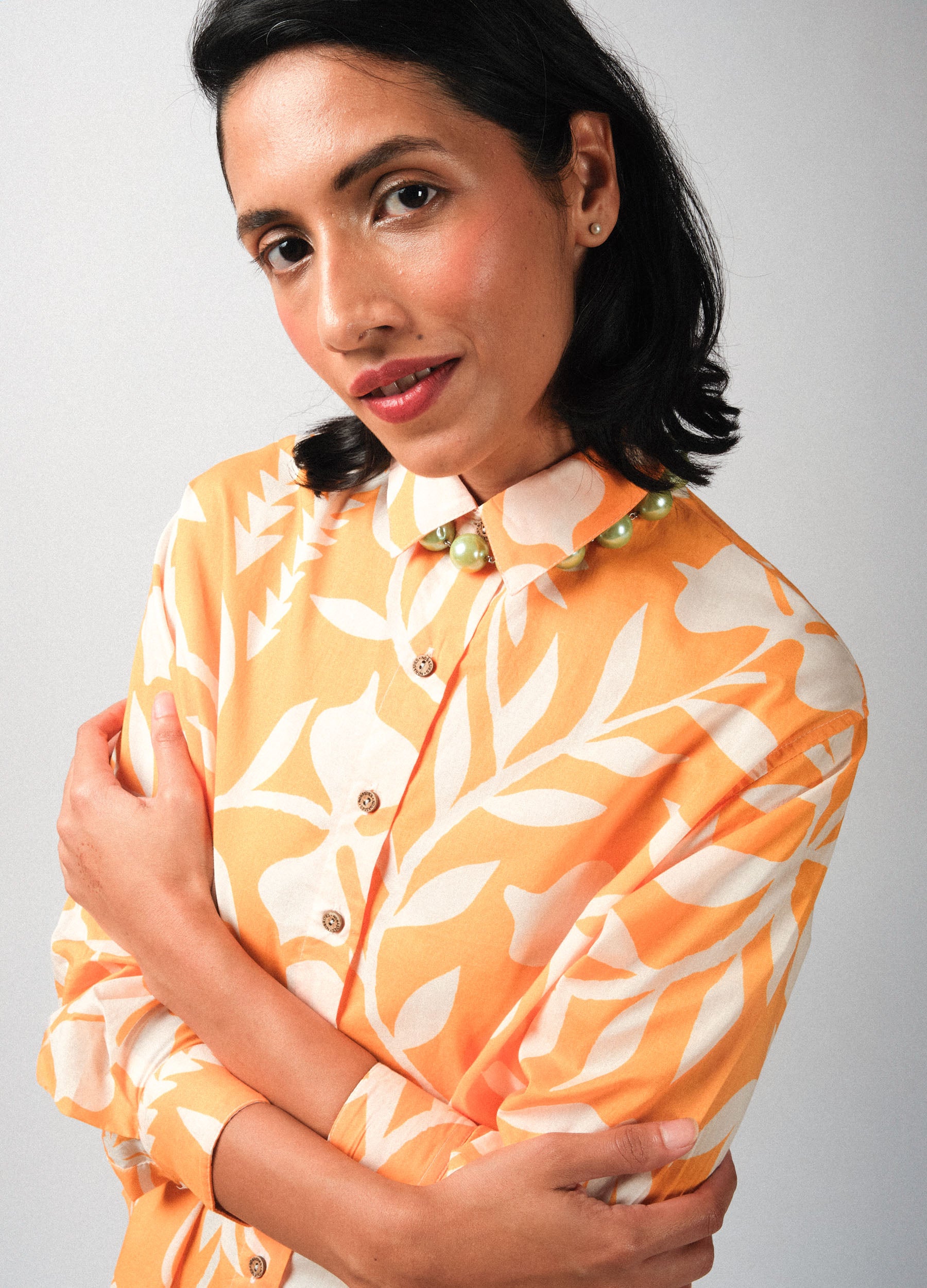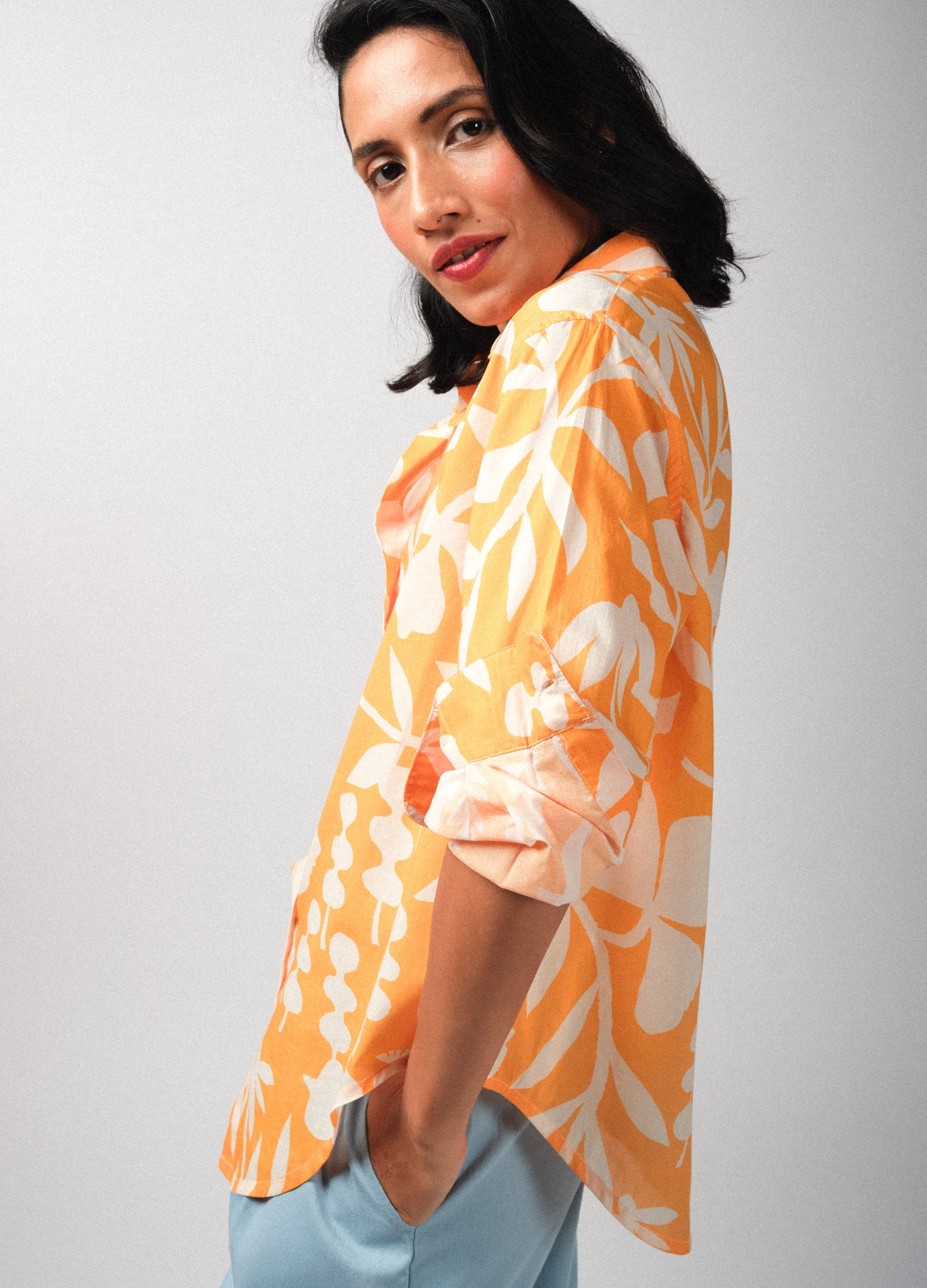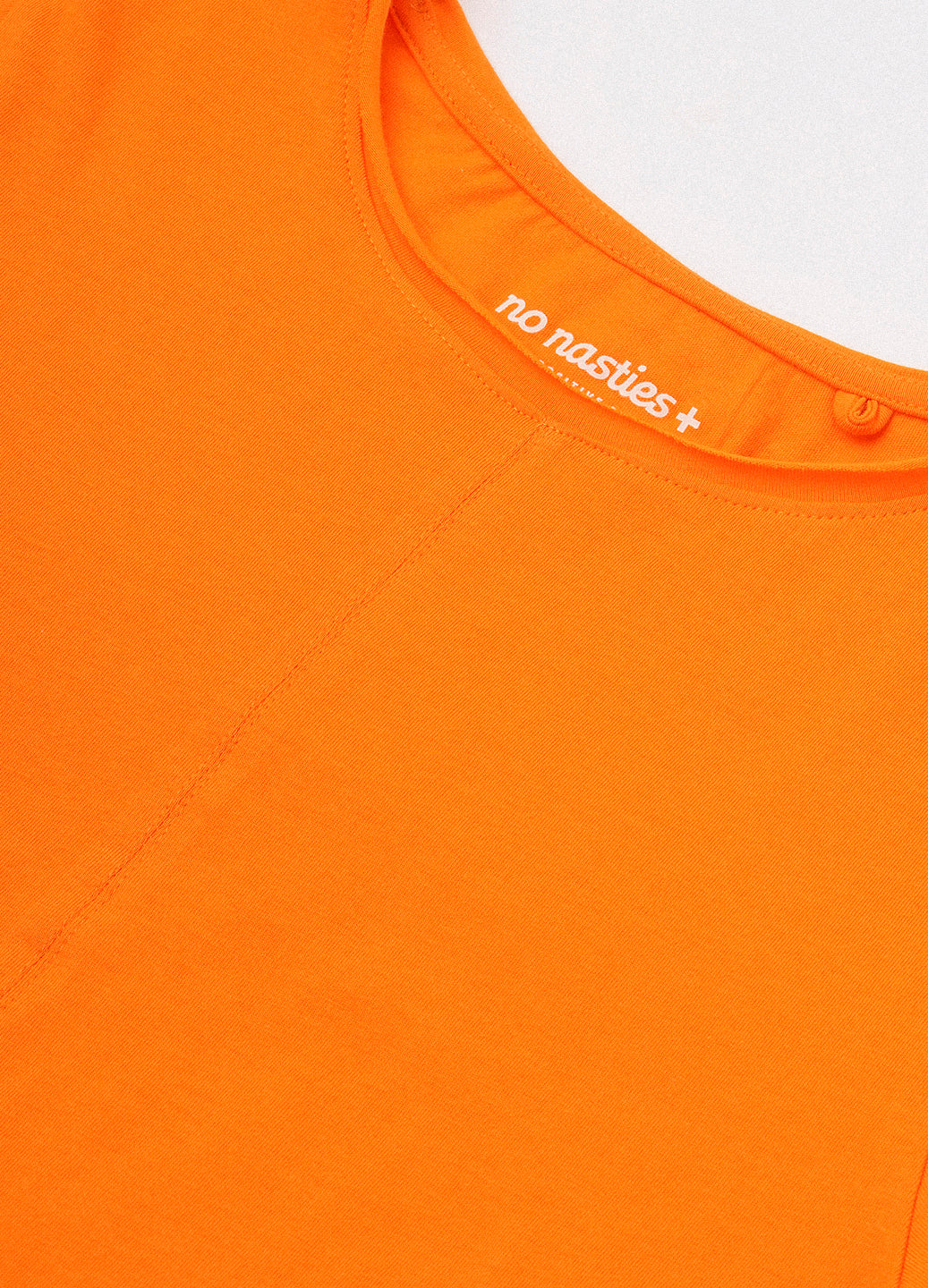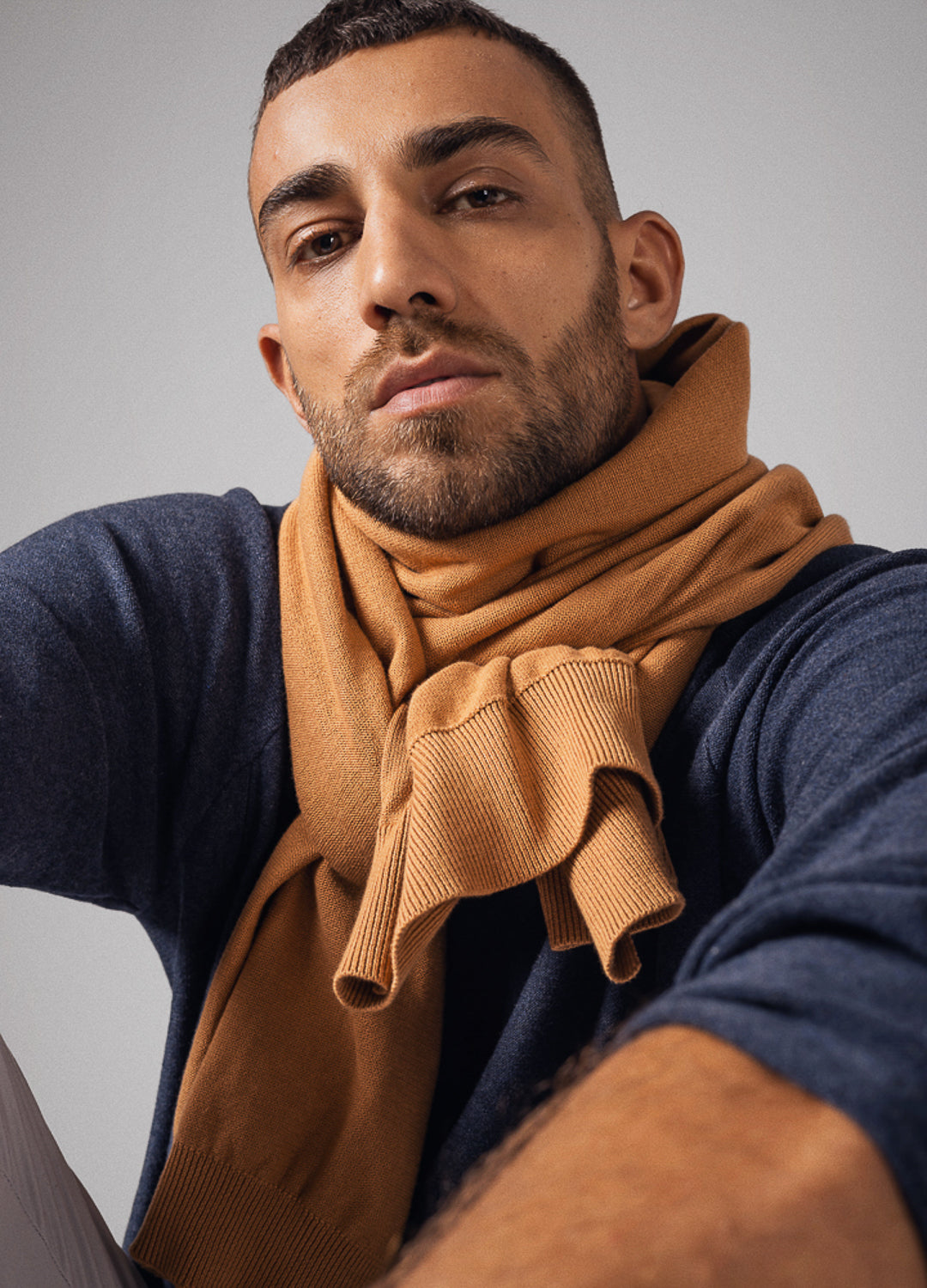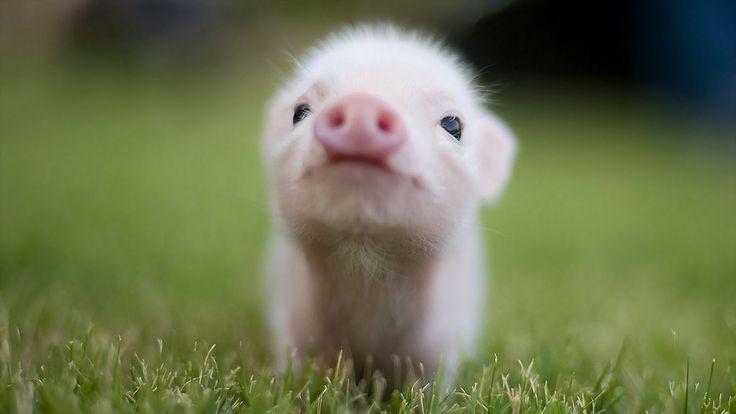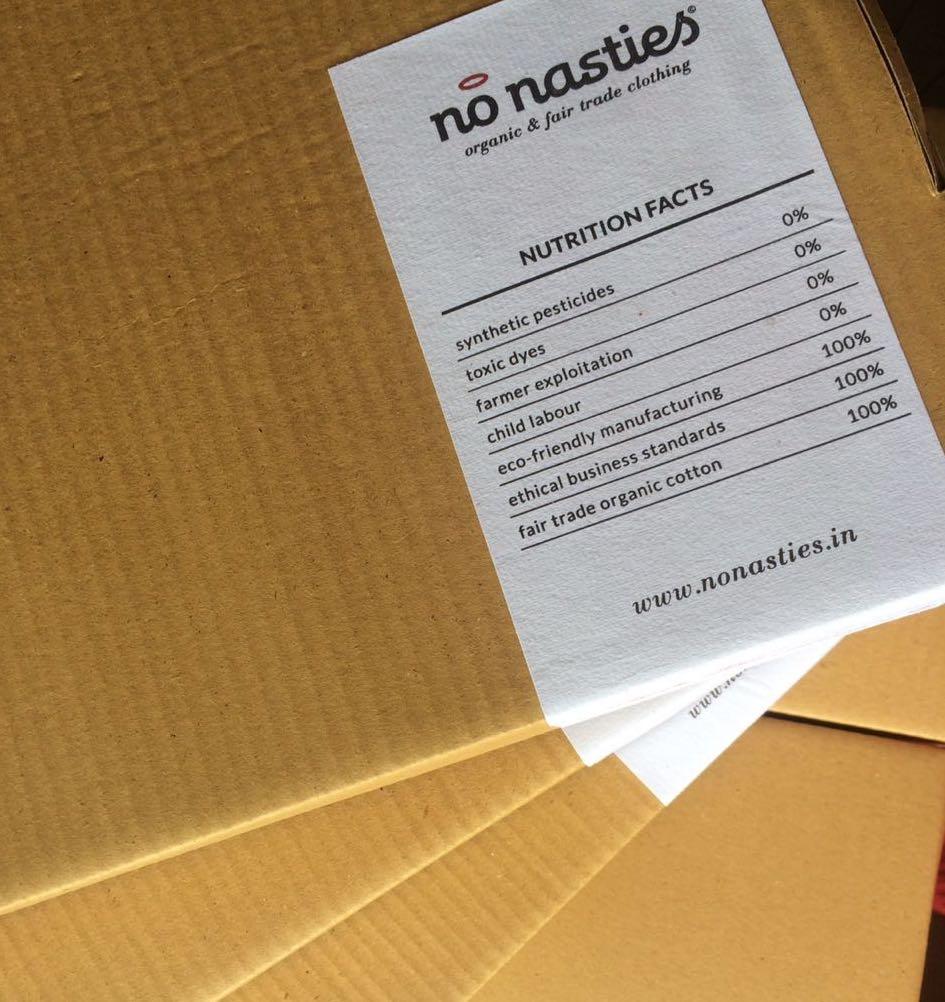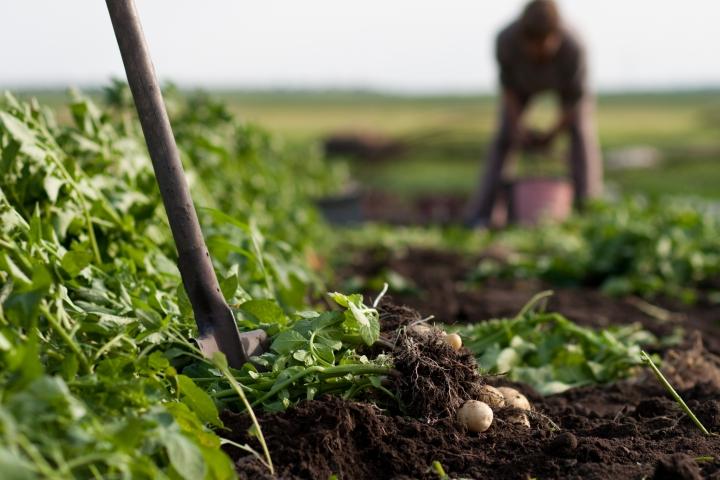Back in 2011, I knew my aunt and uncle, Shweta Deliwala and Apurva Kothari, to be people who loved food - I’d even say ‘foodies’ for lack of a cooler, less overused word. They were the type of people my 8-year-old self couldn’t bring myself to understand - as a skinny little kid who much preferred to play and dance around the house than sit down for hours (I’m a slow eater, sue me) to chew at an extensive Indian homemade plate. To add to that, I was picky, and would rather just eat a salad with a side of whatever brand of candy was my favourite that month than spend hours subtly remarking (read: loudly whining) about the ingredients in the plate in front of me that didn’t quite appeal to my (not very refined) tastes.
My uncle and aunt, on the other hand, wouldn’t mind eating everything from cheese platters to Goan fish thali to salmon sashimi to ceviche… you name it, they’d probably be open to trying it. But now, they’re living in Goa as vegans who prefer to eat cashew cheese pizza, make almond milk chia pudding, and choose to get protein from soy instead of fish or eggs, while running an all natural, cruelty-free, organic clothing brand. So what changed?

Around the time that they were starting No Nasties, they became a lot more conscious about sustainability, especially when it came to their clothing, products, and packaging. When they moved to Goa, this awareness was magnified by living in a community that maintained a far less wasteful lifestyle than what is common in a city like Mumbai. This prompted them to not only change their lifestyle to be more sustainable to the environment but to be more compassionate when it came to the animals that inhabit said environment as well. Long story short, they began to ease into a vegan diet.
When I heard about this decision, I must admit, I was kind of skeptical. The concept of veganism to me, at first, seemed a bit idealistic - how was it possible to use so few animal products which have become staples in everyone’s lives, and still not suffer any drawbacks to your body whatsoever? While being a completely cruelty-free society sounds fantastic to anyone who cares about animal rights, when you think about it, it’s bound to be a lot harder than it seems to put this plan into action. Humans consume meat, fish, cheese, yogurt, milk, eggs, and honey - all animal-based products. Designers advertise fashionable leather jackets, wool sweaters, and fur coats that fashion bloggers drool over. Children ogle exhibits of imprisoned and unhappy animals in zoos on family outings. People even use animal heads as decor, that’s the level we’ve gone to! So how is it plausible to expect a species so used to being unabashedly at the top of the universal food chain to change the way they function?
“We are, quite literally, gambling with the future of our planet - for the sake of hamburgers.” ― Peter Singer
As a vegetarian since birth, the concept of eating vegan didn’t seem so drastic to me by itself - if simply by cutting down on certain foods once you’ve reached the age where you no longer need as much milk or dairy, we could change the number of animals that are harmed in order to obtain these huge amounts of dairy, then it was worth thinking about. I admit, I squirmed at the idea of giving up cheese and ice cream (how does one live without hazelnut ice cream anyway?), though giving up yogurt was something I immediately jumped on, having been a kid who was ever so often forced to polish off a cup of dahi with my lunch (ew). I completely understood the anti-animal cruelty thinking behind vegetarianism (I live it, after all), but I wasn’t sure about the deal within the dairy industry.
Looking into this factor shocked me, so I’d like to bring to light something I myself was under the false impression of. The happy animals we see on milk cartons and advertisements have led to the common misconception that the dairy industry doesn’t cause any harm to cattle and other livestock - simply because we only take the milk that they are ‘producing anyway’. However, the sad truth of the matter is that young male calves are killed regularly while still in the early weeks of life, as they will not produce the same milk as females, and instead take up this milk. So humans kill these newborns because they are taking the milk their mothers are producing for them. It’s entirely possible that not all farmers do this, but, according to The Guardian, it happens so early on in the calves’ lives that the killings go almost entirely undocumented, so we have no idea exactly what number happens per year.

My first thought when I heard about this was, of course, that it was ridiculously inhumane and cruel. I couldn’t believe that people actually would go to such horrible lengths for something so ‘everyday’ as milk. At the same time, I found myself on the fence about what the real problem was - the milk, or the pressure to sell on the people producing it? The root of this issue is obviously in the fact that the dairy industry is in such a demand that farmers are desperate to sell as much as possible. Reducing this demand could be a way to fix the issue - attempting to completely put an end to the dairy industry really doesn’t seem very realistic to me, especially with the number of other industries that rely on its products. But would it even be possible to change what is so normalized now? I have no idea.
Veganism isn’t just about what you eat, though - veganism is a way of living which strives to exclude all unnecessary types of exploitation of animals for food, clothing, entertainment, decor, and other uses.
It’s the other aspects of vegan living that interest me - being against animal testing, animal skin as clothing… that’s all part of a vegan mindset. These are things I have strongly believed in for as long as I can remember, but I never considered it to be aspects of this idea. It made me think about how, even if I can’t really live without binge-watching Netflix with cheesy pizza or the occasional cup of gelato, there are still aspects of my life which are firmly within vegan thinking. Maybe the next step is just to be more conscious about animal cruelty in general?
We crinkle our noses and turn away from videos of slaughterhouses, ask people to refrain from sharing graphic stories of animal cruelty, and I hate hearing about it as much as the next person, but we can’t ignore this problem forever. If everyone decides to stop giving the cold shoulder to the story behind the food on our plates, the coats on our backs, or the animal skin rugs under our feet, how much will it help raise awareness about things that can change said stories, for the better? It is now easier to be cruelty-free that ever - by cutting meat from your diet, buying products that are against animal testing, or just start wearing clothes that help spread this positive message - there are thousands of little ways to contribute, we all just need to take that extra step.
When it’s so easy to help the world, maybe the question that goes through our minds should not be ‘why?’, but rather, why not?

Citations
Cover image credit: www.paperlief.com
Image credit:
Levitt, Tom. “Dairy's 'Dirty Secret': It's Still Cheaper to Kill Male Calves than to Rear Them.” The Guardian, Guardian News and Media, 26 Mar. 2018, www.theguardian.com/environment/2018/mar/26/dairy-dirty-secret-its-still-cheaper-to-kill-male-calves-than-to-rear-them.
